“The world is watching as the U.S. redefines its role on the global stage. These changes will reshape alliances, create power vacuums, and empower competitors like China.”
Recent reports reveal former President Donald Trump’s plans to introduce sweeping changes to the U.S. State Department—the largest restructuring since its creation in 1789. These reforms aim to reshape America’s diplomatic strategy, intensify competition with China, and potentially strain relations with allies. As the world’s sole superpower, the U.S. has long relied on its diplomatic corps to advance national interests. Trump’s proposed changes, however, signal a dramatic shift in priorities—one that could weaken traditional alliances, redirect resources, and create ripple effects across international relations.
1. Reduced Focus on Africa: A Strategic Retreat?
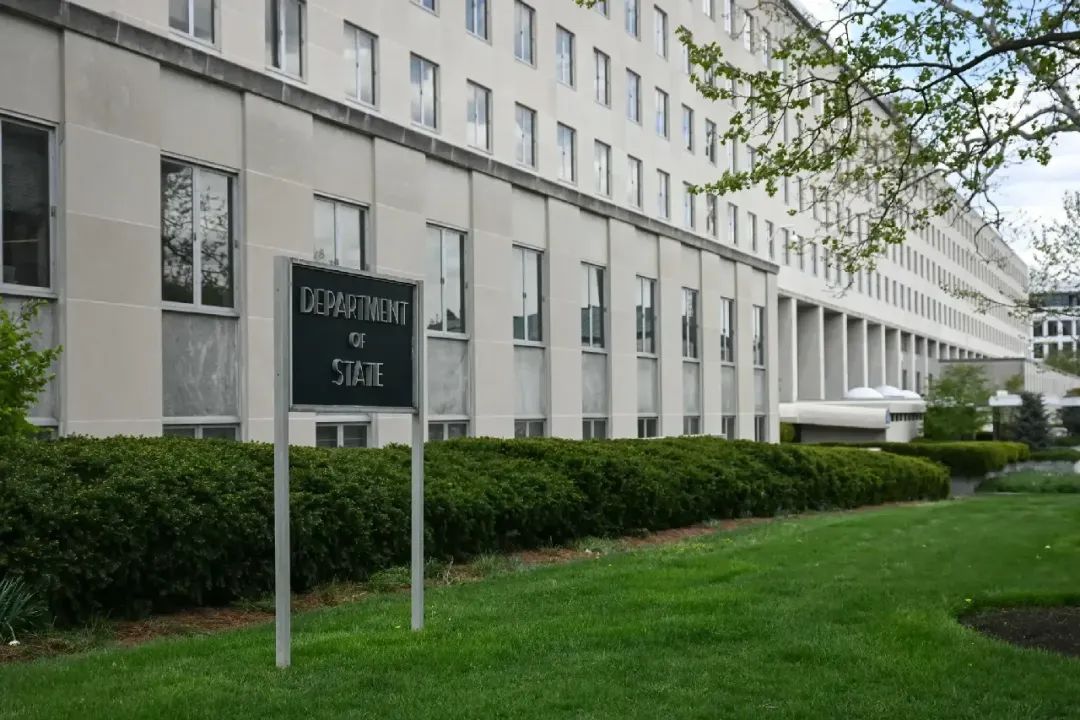 The U.S. plans to close “non-essential” embassies in Africa, potentially ceding ground to China.
The U.S. plans to close “non-essential” embassies in Africa, potentially ceding ground to China.
The Trump administration aims to drastically scale back U.S. diplomatic operations in Africa. Plans include closing up to 10 embassies and 17 consulates across the continent, replacing the Bureau of African Affairs with a smaller “Africa Envoy Office.” This move reflects Trump’s perceived disregard for Africa as a strategic priority, consolidating operations into four regional bureaus (Indo-Pacific, Latin America, Middle East, and Eurasia).
Why This Matters:
- China’s Growing Influence: China has been Africa’s largest trading partner for 15 years, investing heavily in infrastructure (e.g., Kenya’s Nairobi-Mombasa Railway), energy, and technology. A U.S. retreat could cement China’s dominance.
- Failed U.S. Competition: The Biden administration’s “Partnership for Global Infrastructure and Investment” aimed to counter China’s Belt and Road Initiative. Trump’s cuts would abandon these efforts, leaving a vacuum.
2. Cuts to Global Issues: Human Rights, Climate, and Refugees
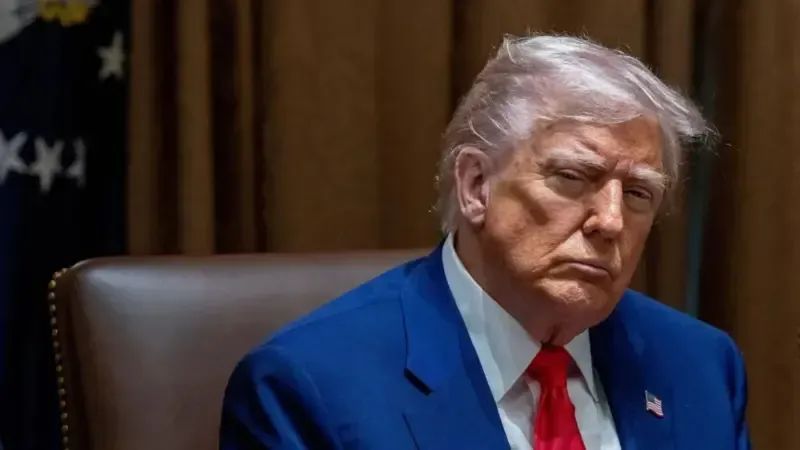 The U.S. plans to abolish the Special Envoy for Climate, weakening global climate action.
The U.S. plans to abolish the Special Envoy for Climate, weakening global climate action.
The proposed changes eliminate or weaken offices dedicated to democracy, human rights, refugee assistance, women’s rights, and climate change. Notably, the role of Special Envoy for Climate will be abolished.
Why This Matters:
- Strained Western Alliances: Human rights and climate action have historically united Western nations. Abandoning these issues could deepen divides between the U.S. and Europe.
- Easier Scrutiny for China: China has faced Western criticism over human rights. A weaker U.S. focus might reduce coordinated pressure, giving China diplomatic breathing room.
3. Downgrading Relations with Canada: A Transactional Approach
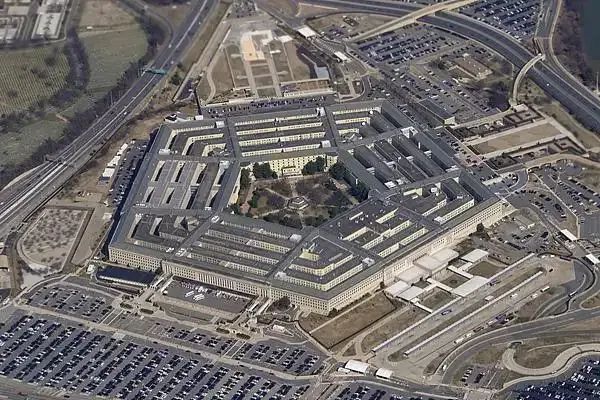 Canada, a longtime ally, faces diplomatic staff cuts under Trump’s plan.
Canada, a longtime ally, faces diplomatic staff cuts under Trump’s plan.
The draft orders a sharp reduction in U.S. diplomatic staff in Canada, folding operations under a smaller team within the “Office of North American Affairs.” This effectively downgrades Canada’s status as a key ally.
Why This Matters:
- Symbolic Insult: Canada has long been one of America’s closest partners. This move signals a transactional approach to alliances, where even traditional friends are not spared cuts.
- Opportunities for China: A strained U.S.-Canada relationship could encourage Canada to diversify partnerships, potentially benefiting Chinese trade or investment.
4. Expanding Use of Artificial Intelligence (AI): Efficiency vs. Risk
 The U.S. plans to integrate AI into diplomatic tasks, raising concerns about oversight.
The U.S. plans to integrate AI into diplomatic tasks, raising concerns about oversight.
The State Department plans to integrate AI into tasks like drafting documents, policy analysis, and operational planning. While AI could improve efficiency, critics worry about reduced human oversight in sensitive diplomatic work.
Why This Matters:
- Faster, Leaner Diplomacy: AI might help the U.S. streamline operations amid staff cuts. However, over-reliance on technology risks errors or misinterpretations in complex negotiations.
How These Changes Affect China: Opportunities and Challenges
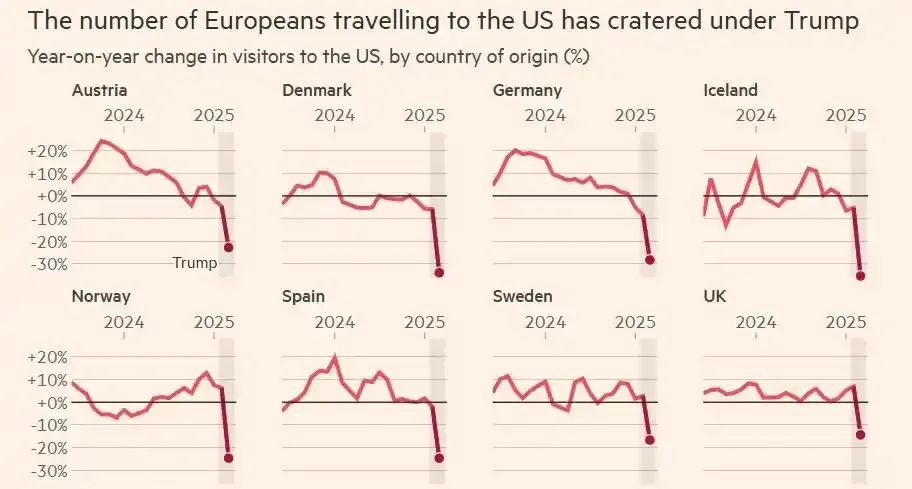 China stands to benefit from U.S. disengagement in Africa and other regions.
China stands to benefit from U.S. disengagement in Africa and other regions.
While Trump’s reforms aim to free up resources to counter China, the outcome may be mixed:
Increased Pressure in Some Areas:
- Trade and Tech Wars: Trump has prioritized tariffs and restricting China’s access to advanced technology (e.g., semiconductors). This focus will likely intensify.
Reduced Pressure Elsewhere:
- Africa: With the U.S. stepping back, China can deepen partnerships without competition.
- Human Rights: Less U.S.-led coordination on human rights criticism could weaken a key Western tactic against China.
China’s Response:
China is positioned to exploit gaps left by U.S. disengagement:
- Strengthening ties with African nations through infrastructure and trade.
- Building closer relations with European countries frustrated by U.S. unilateralism.
Impact on U.S.-Europe Relations: A Fracturing Alliance?
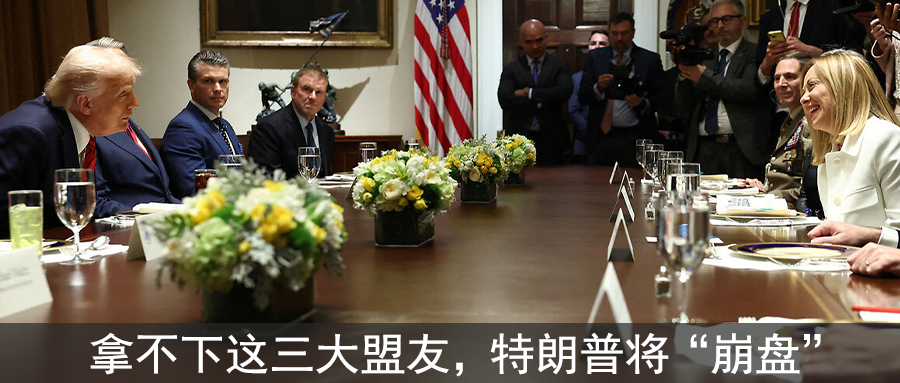 Disagreements over climate and trade could strain the U.S.-Europe alliance.
Disagreements over climate and trade could strain the U.S.-Europe alliance.
Trump’s policies threaten to fracture the Western alliance:
- Climate and Human Rights: Europe views these as core priorities. U.S. disengagement forces Europe to act alone, straining trust.
- Economic Tensions: Trump’s tariffs and immigration policies have already hurt transatlantic trade and tourism.
Result:
The U.S. and Europe may increasingly pursue separate agendas, reducing their collective influence.
Strategic Takeaways for China
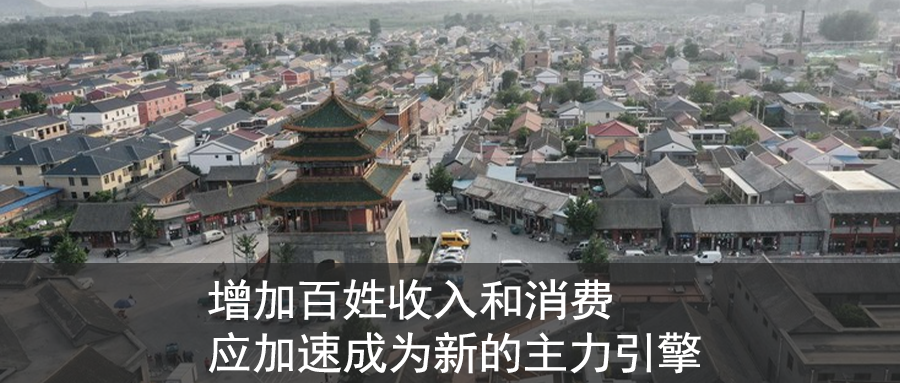 China can capitalize on U.S. disengagement to expand its influence.
China can capitalize on U.S. disengagement to expand its influence.
- Adapt to Shifting Pressures: While the U.S. may focus more on trade and tech, China can counterbalance by strengthening ties in regions like Africa and Latin America.
- Leverage Western Divisions: Exploit disagreements between the U.S. and Europe to secure favorable trade deals or diplomatic support.
- Invest in Global Partnerships: Expand the Belt and Road Initiative and other programs to fill voids left by U.S. retreat.
Conclusion: The Future of Global Power Dynamics
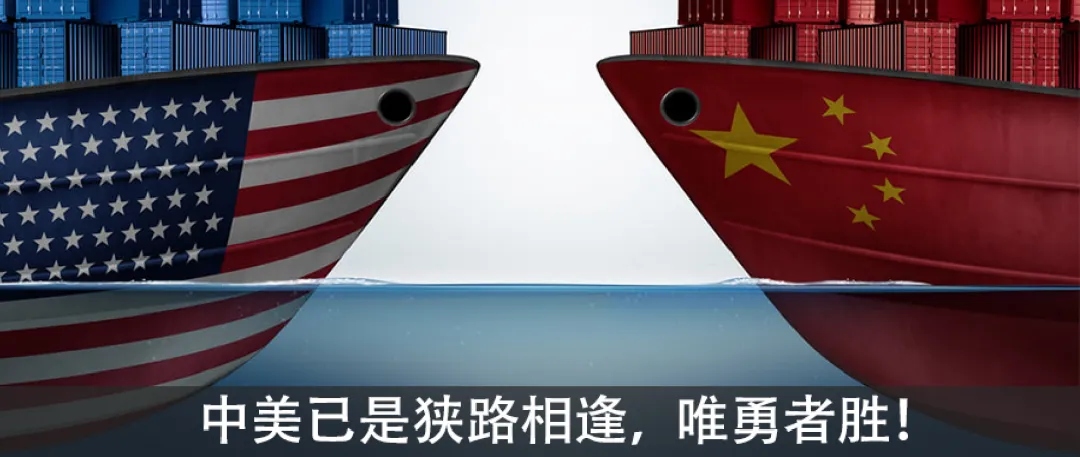 The U.S. and China are reshaping the global order. Will China seize the opportunity?
The U.S. and China are reshaping the global order. Will China seize the opportunity?
Trump’s proposed State Department overhaul reflects a broader strategy: prioritize competition with China while scaling back “less critical” global commitments. However, this approach risks alienating allies, weakening U.S. influence, and creating opportunities for China to expand its reach.
For China, the challenge will be to navigate heightened U.S. pressure in key areas while capitalizing on openings elsewhere. By staying agile and proactive, China can turn these changes to its advantage—solidifying its role as a leading global power.
Final Thoughts:
The world is entering a new era of geopolitical competition. The U.S. and China are reshaping the global order, and the decisions made today will define the future of international relations. As the U.S. retreats from some regions, China stands ready to fill the void. The question remains: Will the world embrace a multipolar future, or will it be dominated by a new Cold War?
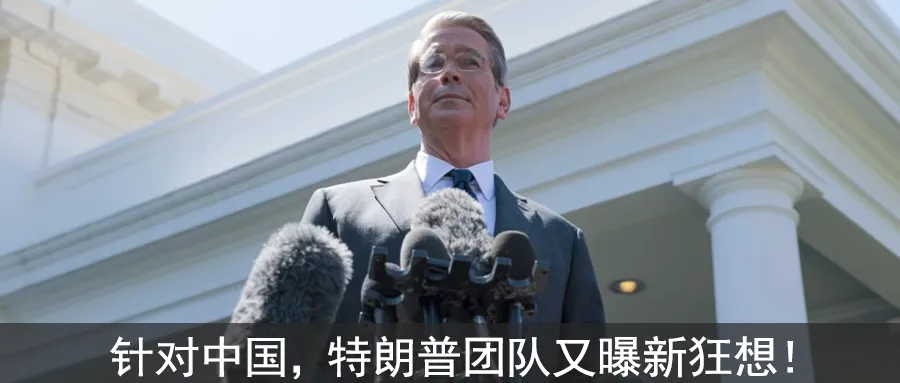 The race for global leadership is on. Who will emerge victorious?
The race for global leadership is on. Who will emerge victorious?
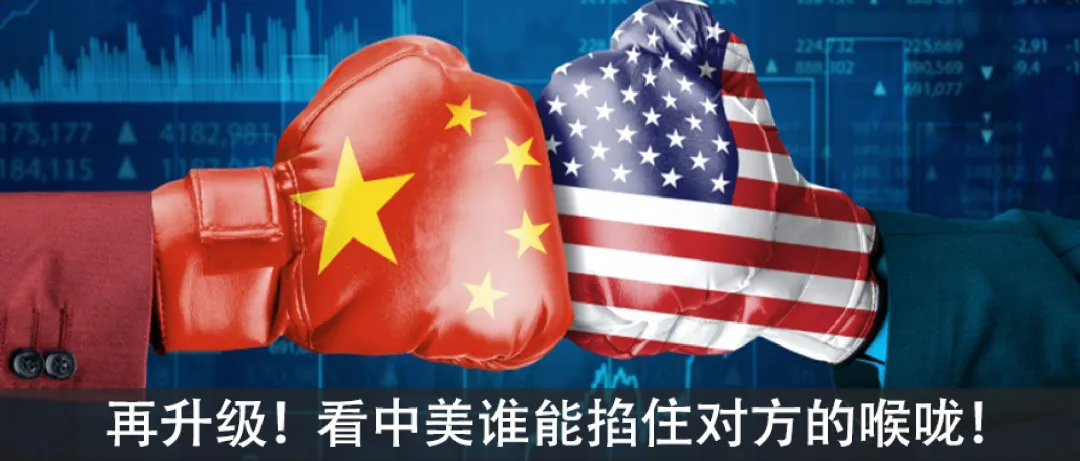 China’s economic growth and diplomatic outreach are reshaping the world.
China’s economic growth and diplomatic outreach are reshaping the world.
